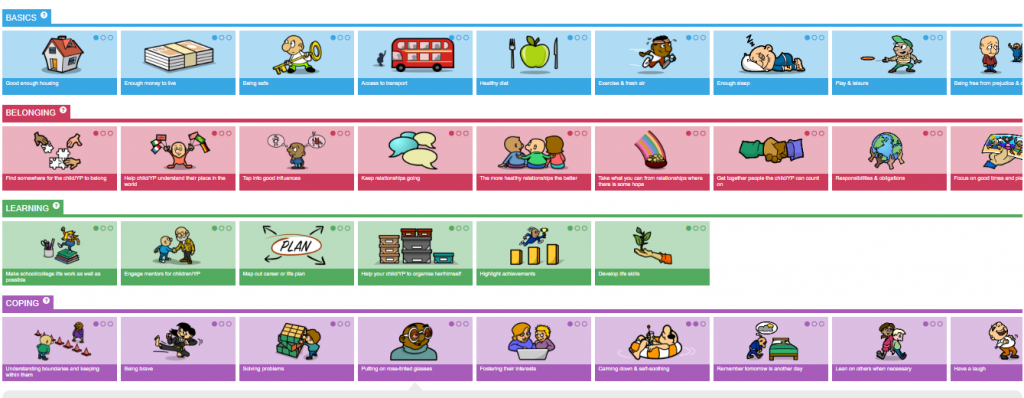Safeguarding
Linby-cum-Papplewick’s Designated Safeguarding Leads (DSLs and DDSLs)
Link Governor for safeguarding: Nina Lewis
Safeguarding children is defined as:
- The actions we take to promote the welfare of children and protect them from harm are everyone’s responsibility. Everyone who comes into contact with children and families has a role to play.
Safeguarding and promoting the welfare of children is defined as:
- Protecting children from maltreatment
- Preventing impairment of children’s health or development
- Ensuring that children grow up in circumstances consistent with the provision of safe and effective care
- Taking action to enable all children to have the best outcomes
Safeguarding is not just about protecting children from deliberate harm. It also relates to broader aspects of care and education including but not limited to:
- Pupils’ health and safety and well-being, including their mental health
- Meeting the needs of children with special educational needs and/or disabilities
- The use of reasonable force
- Meeting the needs of children with medical conditions
- Providing first aid
- Educational visits
- Intimate care and emotional wellbeing
- Online safety and associated issues
- Appropriate arrangements to ensure school security, taking into account the local context
Safeguarding can involve a range of potential issues such as:
- Neglect, physical abuse, sexual abuse and emotional abuse
- Bullying, including online bullying (by text message, on social networking sites, etc) and prejudice based bullying
- Racist, disability and homophobic or transphobic abuse
- Gender based violence/violence against women and girls
- Extremist behaviour and/or radicalisation
- Child sexual exploitation and trafficking
- The impact of new technologies, including ‘sexting’ and accessing pornography
- Teenage relationship abuse
- Substance misuse
- Issues which may be specific to a local area or population, for example gang activity and youth violence
- Particular issues affecting children including domestic violence, female genital mutilation and honour based violence and forced marriage
Our school aims to provide a child-centred and coordinated approach to safeguarding, in which a vigilant culture provides children with a safe environment. If there are safeguarding concerns we will respond with appropriate action in a timely manner for those children who may need help or be suffering, or likely to suffer, significant harm. All school staff are trained annually in safeguarding, and children are encouraged to share any concerns they may have.
Our ethos is that the effective safeguarding of children can only be achieved by putting children at the centre of a system where we listen and hear what they say. Every individual within Linby cum Papplewick CofE Primary School will play their part, including working with professionals from other agencies, to meet the needs of our most vulnerable children and keep them safe. We take opportunities to teach children about important safeguarding issues in a way that is age and stage appropriate and are committed to working and sharing information with other schools, professionals and agencies.
Young people who have experienced abuse at school and parents and teachers who are concerned about sexual abuse in education settings can call the Report Abuse in Education helpline on 0800 136 663 or email [email protected]








